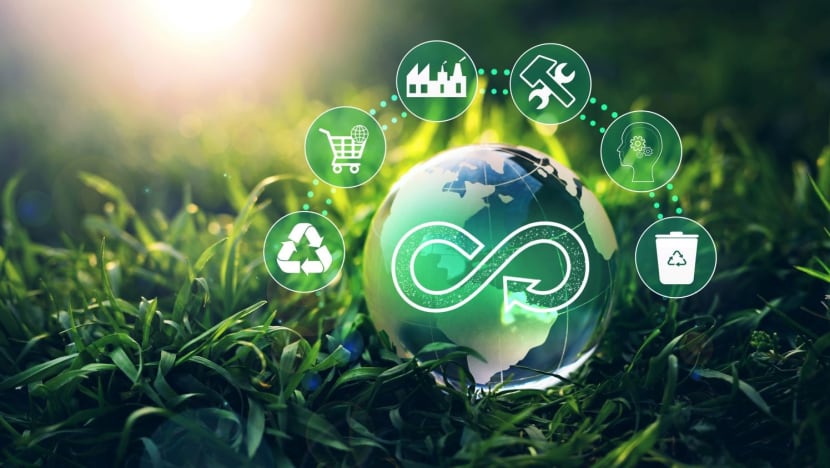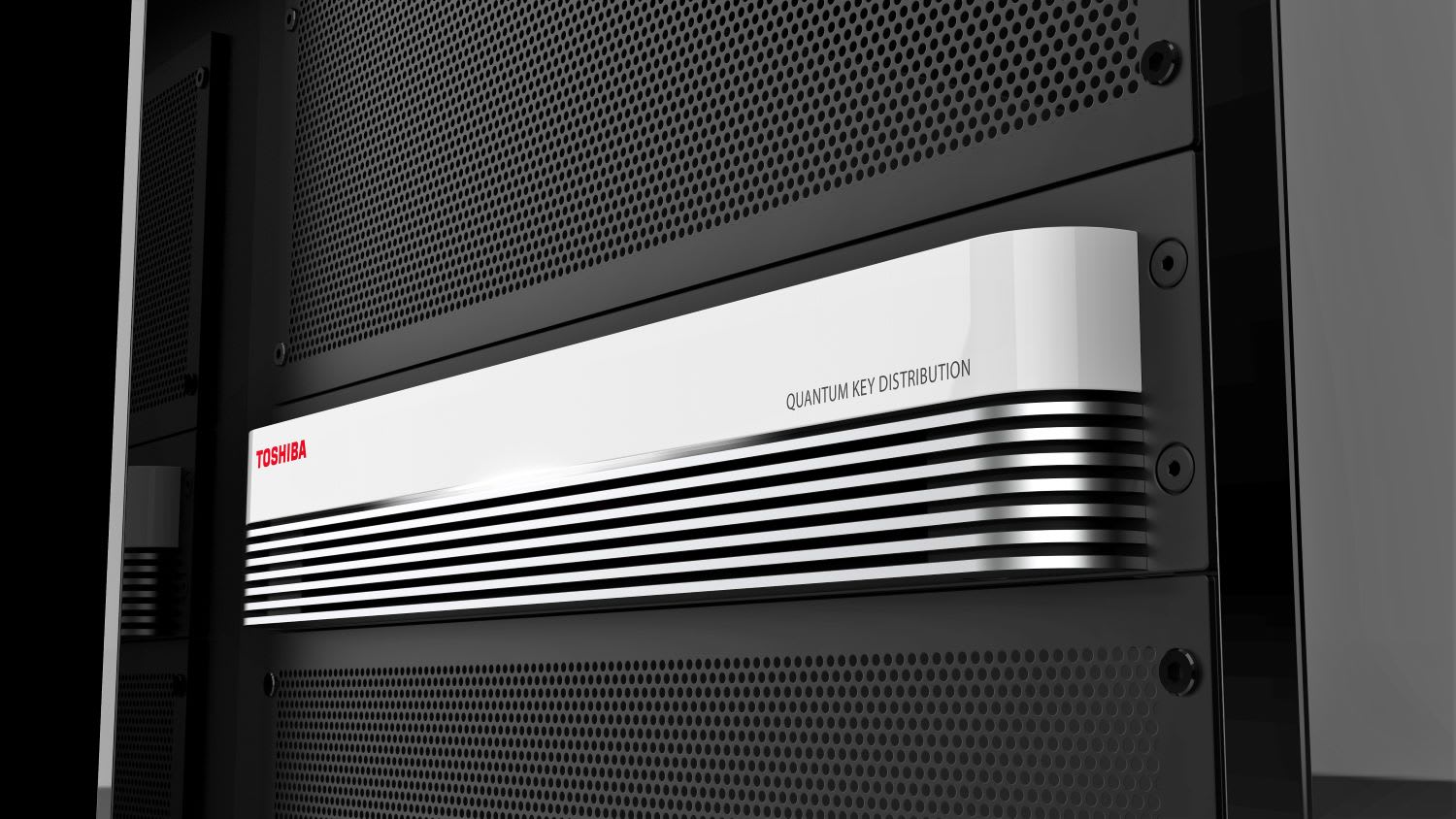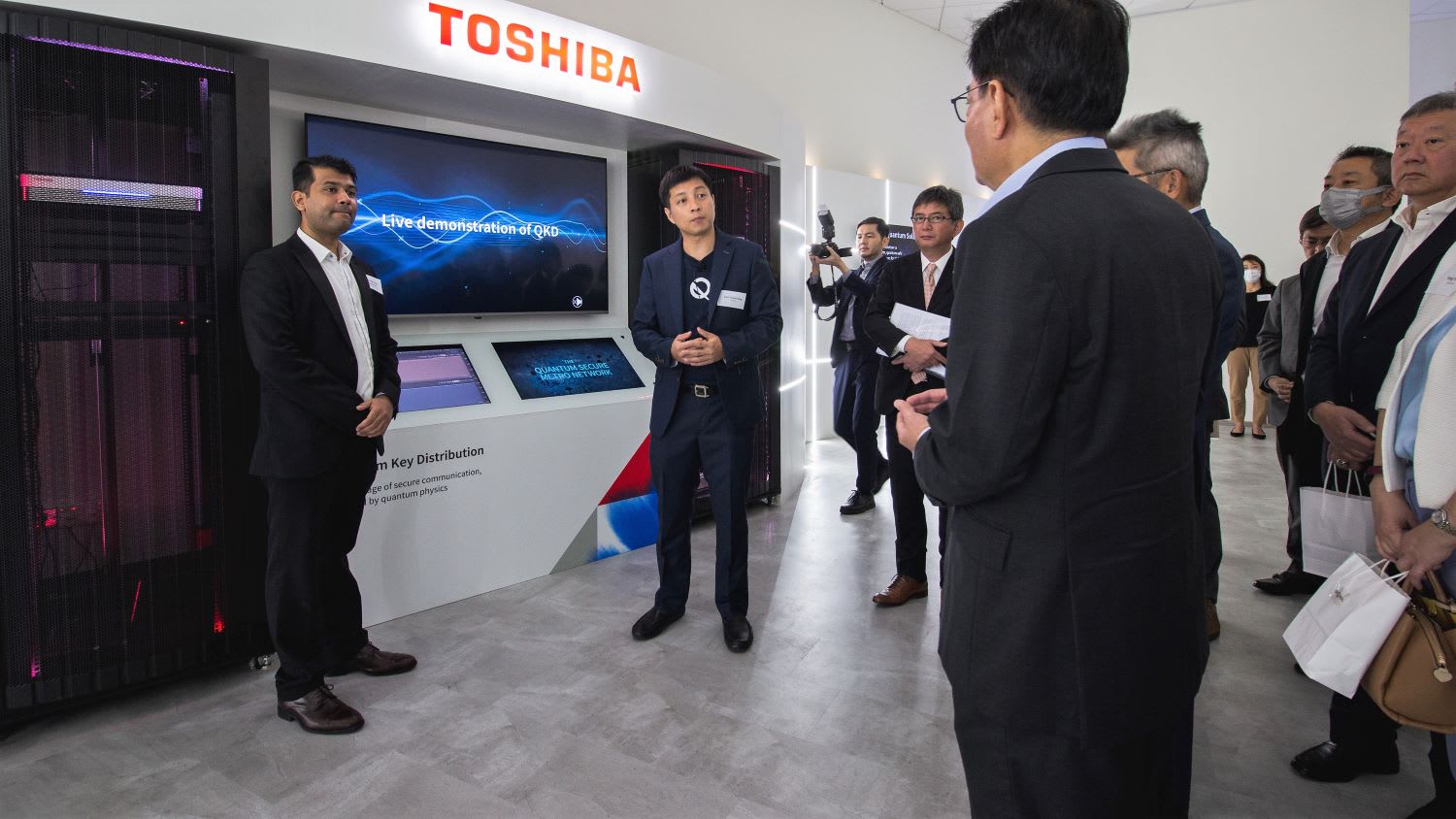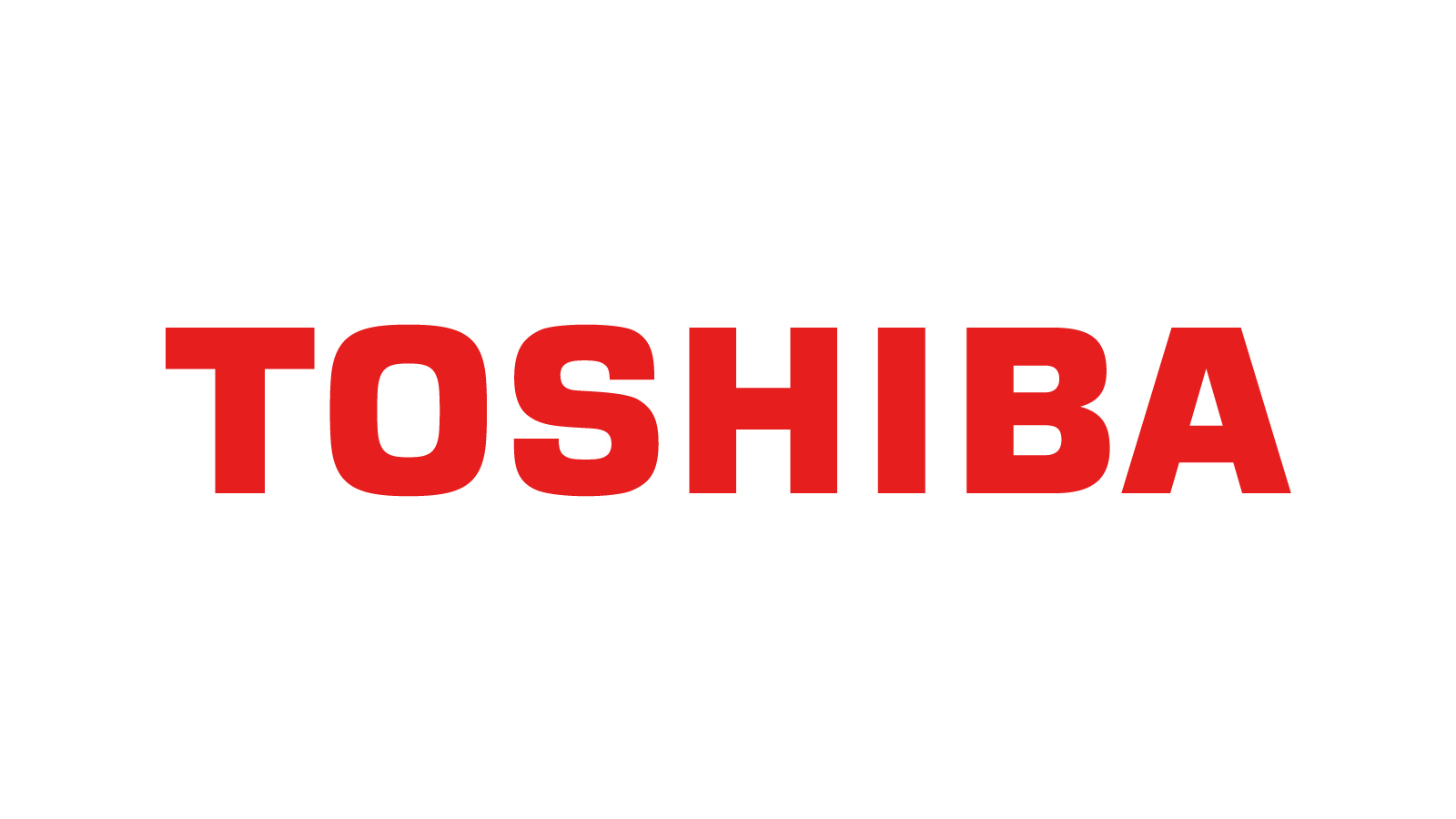Safe, secure and stable tech solutions, for sustainable growth
Toshiba’s clean energy and cybersecurity technologies aim to drive sustainability and advance digital infrastructure in Southeast Asia.

Toshiba intends to leverage digital technologies to achieve carbon neutrality and a circular economy. Photo: Shutterstock
Clean energy and the digital revolution are transforming the world, making progress more sustainable and supporting growing populations in fast-developing regions like Southeast Asia.
These ongoing shifts, however, require technologies that ensure their safety and reliability. This is especially important as carbon emissions continue to rise, making our need for renewable energy more urgent than ever before. To avoid the most severe outcomes of climate change, Southeast Asian countries need to reduce carbon dioxide emissions by at least 45 per cent from 2010 levels, by the year 2030.
According to the World Economic Forum, the digital revolution is set to deliver up to 20 per cent of the total emissions reduction needed by 2050. Digitalisation makes processes more efficient, and reduces the use of materials, fossil fuels and manpower.
A NEW COMMITMENT TO THE FUTURE
Toshiba is taking on the challenge of achieving carbon neutrality and a circular economy through digitalisation.
For this goal to be achieved, Toshiba sees the digital economy evolving in a three-step process. The first stage is digital evolution, where companies shift to digital services and architecture such as cyber physical systems 1.0 (CPS 1.0), in which the Internet of Things (IoT), the Internet of Services (IoS) and the Internet of People (IoP) form a closed loop between cyber systems and human users.
The data this produces can be used in digital transformation which can then provide a platform to achieving carbon neutrality and the circular economy.
TAKING CLEAN ENERGY FURTHER
There are numerous factors that make the provision of clean energy challenging. These include the need for stable power transmission and distribution, reliable distributed energy systems, energy liberalisation and large-scale natural disaster preparedness.
Toshiba’s solutions aim to ensure that clean energy can be transmitted across long distances and stored in an environmentally friendly way.
Its IoT solutions help to realise next-generation transmission and distribution, while its protective relay system automatically prevents large-scale blackouts. Microgrid solutions for power systems create stability and economy, and its system control solution improves supply-demand adjustment performance. For efficient power distribution, its virtual power plants combine power-generating units like solar parks and wind farms to form a decentralised network.
A BETTER BATTERY FOR INDUSTRY
Toshiba is also making inroads in the electric vehicle market with its SCiB cells. As more electric vehicles hit the roads, there is greater demand for industrial batteries that can efficiently store large amounts of electric energy, maintain power in low temperatures, and charge quickly and safely.
Toshiba’s SCiB has a long life span of 20,000 cycles or more, charges to 80 per cent capacity in six minutes, can be used in temperatures as low as -30 degrees Celsius, and boasts a wide effective state-of-charge range and high input/output. In addition, its use of lithium titanium oxide helps prevent thermal runaway, or short circuiting caused by physical stress, reducing the chances of fire or explosion.
These features make the battery suitable for use in a wide range of electric and hybrid vehicles – including ships, railways and automated guided vehicles – as well as elevators, IoT infrastructure, electric power systems and uninterruptible power supply systems.
Toshiba India recently announced it would supply SCiB rechargeable lithium-ion batteries to electric commercial vehicle startup EVage. The batteries will be used to power 10,000 EVage delivery vans.
NEW DEVELOPMENTS IN QUANTUM KEY DISTRIBUTION

One potential pitfall of digitalisation is the vulnerability of stored data, especially in regions where data infrastructure is still developing. Advanced cybersecurity technologies are essential for secure data protection and communication, so that the digital revolution can maximise its potential – and work alongside other promising trends like clean energy – to build a safer, more sustainable world.
Since January this year, Toshiba has continued making progress in its cybersecurity solutions powered by quantum key distribution (QKD), with the solutions adopted by enterprises globally.
QKD applies fundamental laws in quantum physics to protect and future-proof data communication through quantum cryptography, offering users powerful new capabilities in safeguarding communications and making data leaks a thing of the past.
The world’s first commercial quantum-secured metro network was trialled earlier this year by BT Group and Toshiba, along with commercial customer EY. The network connects two of EY’s sites in London – Canary Wharf and near London Bridge – and moves data securely over standard fibre optic links with the protection of QKD.
In South Korea, two QKD pilot projects by Toshiba and KT Corporation are underway to support the development of next-generation services using quantum technologies. The first evaluates quality of service on a 490km-long hybrid QKD network between Seoul and Busan, and the other covers an open-platform testbed for a QKD service between Seoul and Daejeon.
Together with JP Morgan and Ciena, Toshiba has also demonstrated the full viability of a first-of-its-kind QKD network for metropolitan areas that instantly detects and defends against eavesdroppers. The network secures JP Morgan’s mission-critical blockchain application, Liink.

Here in Singapore, Toshiba has announced that it will work with SpeQtral to market and deploy QKD solutions to governments and enterprises in the region.
SpeQtral recently launched Southeast Asia’s first Quantum Networks EXperience Centre (QNEX) in partnership with Toshiba. QNEX, a collaborative technology showcase, is a platform for developing quantum key distribution (QKD) technology use cases to demonstrate how it can be used to secure critical infrastructure and sensitive data. The centre provides a platform for commercial partners, researchers, and government agencies to familiarise themselves with quantum cryptographic technologies.
With innovative technologies like QKD and a deep commitment to a greener, better world, Toshiba is working towards more secure and stable data and energy infrastructures in Southeast Asia.
Find out how Toshiba is driving sustainability and advancing digital infrastructure in Southeast Asia.















